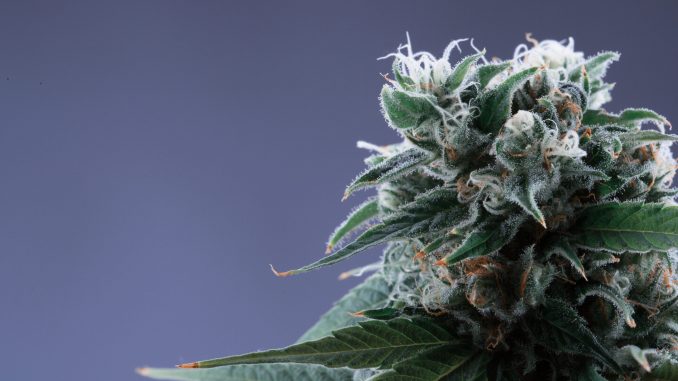
[ad_1]
It is not just German lawmakers who are suddenly deciding that cannabis reform should be top of the political agenda this year; in Argentina, an agreement between the ruling party and the opposition will now put at least medical cannabis reform on the docket.
The Chamber of Deputies (which has only met once so far this year) has now agreed to not only meet but to further discuss cannabis reform when they do. The bill on the table will include regulations to create a framework for the development of a medical cannabis and industrial hemp industry.
This is a development that has now been pending since July of last year when, after being proposed by the national government, it was subsequently blocked by the opposition over a lack of agreement on the particulars.
This, of course, is far from an unusual situation—see the state of federal reform in the U.S. right now for exactly the same reason.
The Post-COVID Political Cannabis Football
Argentina, in fact, is joining both the U.S. and Germany in prioritizing federal cannabis reform this year, no matter the delays and stutters along the way. Just this week, the German press began reporting that government leaders, including the Minister of Health, were changing their tune on the need to move forward on some kind of recreational cannabis reform by this summer.
Cannabis normalization has actually been cooking slowly in Argentina since 2009, when the Supreme Court decriminalized cannabis for personal use in private. In 2017, at approximately the same time Germany decided to mandate public health insurance coverage of medical cannabis, the Argentine Senate approved the medical use of cannabis oil. In 2020 home cultivation was also approved.
Countries are clearly watching each other right now on progressing the entire reform issue—no matter where they are in the process of cannabis acceptance. For this reason, the proximate announcements in national legislatures now coming from all over the world appear to be a global trend. Legalization, if not normalization, is also highly likely to show up in other countries now coming out of the pandemic where political leaders desperately need to find both development projects with credible prospects of creating jobs, tax revenue, and potentially also have positive environmental impact.
Cannabis legalization is a popular reform everywhere. Supporting the same gives credibility to a political process that itself is challenged if not deadlocked in partisan fights in multiple countries. Consideration of this issue, as well as passage of legalization legislation, not only gives such leaders credibility but represents something that they might actually be able to accomplish.
The End of the Latin American Drug War
The recent indications by multiple countries in both Central and South America that they are going to cultivate the growth of this industry (or are considering it) is a sea change that cannot be underestimated. The South American hemisphere was the top target of the U.S. from the 1970s until well into this century for a hot war that was never labelled as such but took many casualties.
Indeed, Uruguay, the first country in the world to declare that it would allow recreational reform, was blackmailed by the U.S. banking system for years after 2013 to slow down its internal development of the industry.
These days, that conversation is clearly not taking place, although federal reform (of any sort, let alone of the recreational kind) again seems to be destined to stall in the U.S. Congress.
Argentina certainly seems to be positioning itself on this issue as developments occur in both the U.S. and Germany (for starters). That makes a great deal of sense. Both countries are ideal export markets for a product that Argentina is well developed to deliver as a high value export crop in both hemispheres.
[ad_2]
Source link

Soyez le premier à commenter